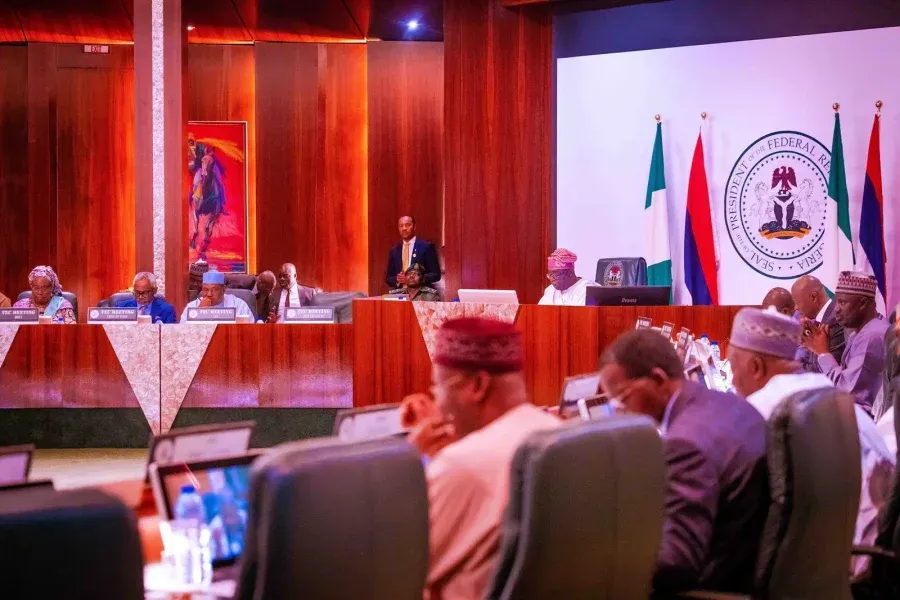In a significant move aimed at combatting illegal wildlife trafficking and protecting endangered species, Nigeria’s Federal Ministry of Environment has presented the Endangered Species Conservation and Protection Bill for its first reading in the House of Representatives.
Spearheaded by Hon. Terseer Ugbor, Deputy Chairman of the House Committee on Environment, the bill signifies a crucial step towards updating and enhancing existing legislation concerning wildlife conservation in Nigeria. The proposed bill seeks to bolster law enforcement capabilities, broaden investigative powers, and expedite judicial processes related to wildlife crimes.
If enacted, the bill would empower law enforcement agencies to conduct financial inquiries and intelligence-led operations, enabling them to more effectively disrupt illegal wildlife trade networks operating within the country. Moreover, the legislation aims to impose stringent penalties on traffickers and poachers while also introducing corporate liability measures to hold entities accountable for their involvement in wildlife crimes.
Expressing his optimism regarding the bill’s passage, Hon. Ugbor emphasized the urgent need to address wildlife trafficking, highlighting its detrimental impact on the environment and global biodiversity. He underscored the collective responsibility to safeguard Nigeria’s natural heritage for future generations and emphasized the bill’s role in promoting sustainability and harmonious coexistence between humans and wildlife.
Furthermore, the bill aligns Nigeria’s domestic legislation with international standards and agreements, demonstrating the country’s commitment to combating wildlife trafficking and protecting endangered species on a global scale. Key international partners, including the Africa Nature Investors Foundation (ANI), the Environmental Investigation Agency (EIA), and the Wild Africa Fund (WAF), have lent their support to Nigeria’s efforts, underscoring the importance of robust legislation in addressing wildlife crime.
Tunde Morakinyo, Executive Director of ANI, emphasized the significance of the bill in strengthening Nigeria’s response to wildlife crime, while Mary Rice, Executive Director of EIA UK, stressed the importance of swift enactment to enable effective criminal justice responses. Peter Knights, CEO of WAF, hailed the proposed legislation as a crucial step towards positioning Nigeria as a regional leader in combating wildlife crime and protecting wildlife across the African continent.
As the Endangered Species Conservation and Protection Bill progresses through hearings and subsequent readings, it will undergo further scrutiny from lawmakers and public input, marking a pivotal moment in Nigeria’s commitment to wildlife conservation and protection.





